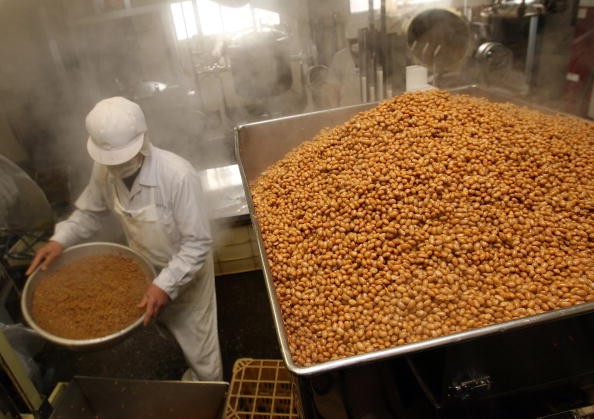Experts are anticipating that there would be a change in China's agricultural landscape, where farmers shifting to more lucrative crops such as soybeans in response to the government's announced corn market reforms, Reuters reported.
According to the article, the country revealed last week that it will already halt its corn stockpiling program. It will also allow markets to set the prices for corn.
"Many farmers plan to shift to grow rice and peanuts, about 10 percent of the farmland would be shifted to soybean," Wang Fuqing, head of the Hule Modern Agricultural Machinery Cooperative, stated.
The cooperative is headquartered in the Hule village of China's top corn producing province of Heilongjiang.
Wang Zhonghai, a 49-year-old farmer in Hule who has grown only corn on his 6.7-hectare farm for the past years, remarked: "We calculated and to grow soybeans would give better returns than corn which gives no profit after the price drop."
"Soy prices have picked up and with government soy subsidies, we may be able to make 700 yuan-800 yuan ($108-$124) per hectare," he noted, adding that almost one-third of his colleagues are eyeing to shift to soy as well.
Since 2001, imports of soy have increased six-fold, manifesting the high demand for the protein-rich crop. Soybeans "are crushed to make soymeal, an animal feed ingredient, and cooking oil," Reuters said.
China is currently regarded as the top soybean importer in the world.
Analysts and traders predict that this year, China's soybean output would increase by up to 2 million tons. With improved seed technology and with a bigger acreage, this rise could go even faster in future years.
Adam Davis, head of commodities at Melbourne-based agricultural fund Merricks Capital, said: "We know that soybeans and corn compete for acreage, so China's support for corn prices pushed all those soybean acres into corn as it made more profit to grow corn. If it goes back to free market you could certainly see acreage go back to soybeans."
However, some farmers are still taking a "cautious approach before switching crops," the article noted, citing a local authority in Heilongjiang's Tailai County.
"Many farmers are holding a wait-and-see attitude because some are still hoping that corn prices may rise again and they are waiting to see how much subsidy the government offers," the official said.



























